Why Smart Motorcycle Helmets Are Better Than Traditional Motorcycle Helmets
Riding a motorcycle is an exhilarating experience, but it comes with its own set of risks. To mitigate these risks, helmets have always been a crucial piece of gear for riders. However, with advancements in technology, smart motorcycle helmets have emerged as a superior option compared to traditional motorcycle helmets.
Ride Smarter, Ride Safer
Bluetooth Connectivity
One of the standout features of smart motorcycle helmets is Bluetooth connectivity. This technology allows riders to connect their helmets to their smartphones, enabling hands-free communication. Riders can make and receive calls, listen to music, or get GPS directions without taking their eyes off the road or their hands off the handlebars.
This seamless integration enhances safety by reducing distractions and keeping riders focused on their journey. Moreover, the Bluetooth system is designed to provide crystal-clear audio quality, ensuring that wind noise and road sounds do not interfere with important communications. This feature not only improves convenience but also adds a layer of safety by keeping the rider's hands on the handlebars and their attention on the road.
Walkie-Talkie By APP (Unlimited Range)
Traditional helmets offer little in terms of rider-to-rider communication. In contrast, smart helmets equipped with app-based intercom systems allow for unlimited range communication. This means riders can stay connected with their group regardless of distance, making group rides more enjoyable and coordinated.
The app intercom feature is especially useful for long-distance rides, ensuring that riders can communicate without the limitations of physical distance. Additionally, these intercom systems often support multiple connections, allowing several riders to join the conversation simultaneously. This interconnectedness enhances group riding dynamics, making it easier to coordinate stops, navigate routes, and ensure everyone's safety throughout the journey.
Patented Fall Detection and SOS Alert
Safety is paramount when it comes to riding, and smart helmets excel in this area with patented fall detection and SOS alert systems. In the event of an accident, the helmet can detect the fall and automatically send an SOS alert to pre-set emergency contacts. This immediate response can be crucial in getting timely medical assistance, potentially saving lives.
Traditional helmets lack this level of proactive safety, making smart helmets a superior choice for rider protection. The fall detection system uses advanced accelerometers and gyroscopes to accurately identify a fall, differentiating it from regular movements. This precision ensures that false alarms are minimized, providing reliable and immediate emergency response when it matters most.
One-Touch Voice Command
With one-touch voice command functionality, smart helmets allow riders to control various features using their voice. This hands-free control extends to making calls, adjusting music, or even accessing navigation. The ease of using voice commands minimizes the need for manual adjustments, thereby keeping the rider's attention on the road. This feature significantly enhances the convenience and safety of the riding experience.
Voice command systems in smart helmets are often powered by sophisticated voice recognition technology, capable of understanding commands in different accents and languages. This versatility ensures that riders from diverse backgrounds can benefit from the hands-free functionality, making their rides smoother and safer.
Press for SOS
In emergency situations, the ability to press "SOS" directly on the helmet can make a critical difference. This feature allows riders to send an instant alert to emergency contacts or services with a single press. This quick response mechanism is invaluable in scenarios where every second counts, providing an added layer of security that traditional helmets simply do not offer.
The SOS feature is designed to be easily accessible, even with gloves on, ensuring that riders can activate it swiftly in urgent situations. Additionally, the system often includes GPS tracking, allowing emergency responders to locate the rider quickly and accurately.
1080P Camera
Capturing the ride has never been easier with the integration of a 1080P camera in smart helmets. This high-definition camera can record your journey, providing both a record of your adventures and evidence in case of incidents. Whether it's for sharing experiences or documenting accidents, the 1080P camera is a versatile and valuable addition.
Traditional helmets lack this feature, making smart helmets a more comprehensive solution for modern riders. The camera typically features a wide-angle lens, capturing a broad view of the rider's surroundings. Some models also offer night vision capabilities, ensuring clear footage regardless of lighting conditions. This functionality not only enhances the riding experience but also adds an important layer of security and accountability.
Where to Buy the Best Motorcycle Smart Helmet
For riders looking to upgrade their gear, the LIVALL smart helmet stands out as an exceptional choice. With all the aforementioned features and more, it is available for only $729.99. This investment not only enhances your riding experience but also significantly boosts your safety on the road. LIVALL helmets are designed with the rider's needs in mind, incorporating the latest technology to offer unparalleled protection and convenience. Don't compromise on your safety and convenience—opt for the best smart helmet available.
Conclusion
Smart motorcycle helmets represent a significant advancement over traditional helmets, offering unparalleled safety features and modern conveniences. From Bluetooth connectivity to patented fall detection, these helmets are designed to keep riders safe and connected. As technology continues to evolve, smart helmets will undoubtedly become the new standard in rider protection.
FAQs
How often should I replace my motorcycle helmet?
Motorcycle helmets should generally be replaced every 3 to 5 years, depending on use and manufacturer recommendations. However, you should replace your helmet sooner if it has been involved in a crash, even if there are no visible signs of damage, or if the helmet shows signs of wear and tear, such as cracks or degradation of padding and straps.
What are the different types of motorcycle helmets?
Motorcycle helmets come in full-face, modular, open-face, half, off-road, and dual-sport types, each offering different levels of protection and comfort.
A helmet should be snug, not tight. Measure your head, try it on, fasten the chin strap, and check for movement and pressure points.
















































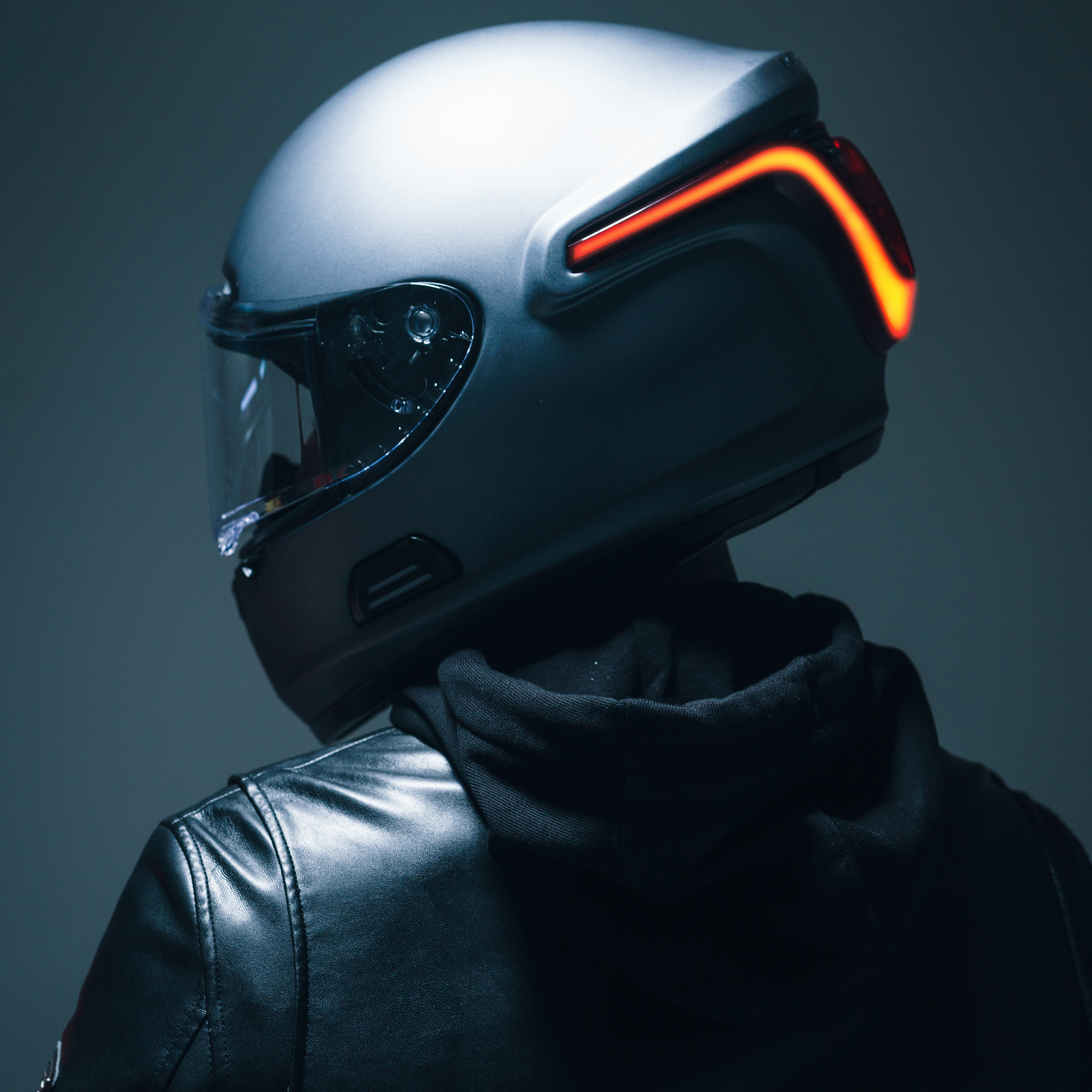
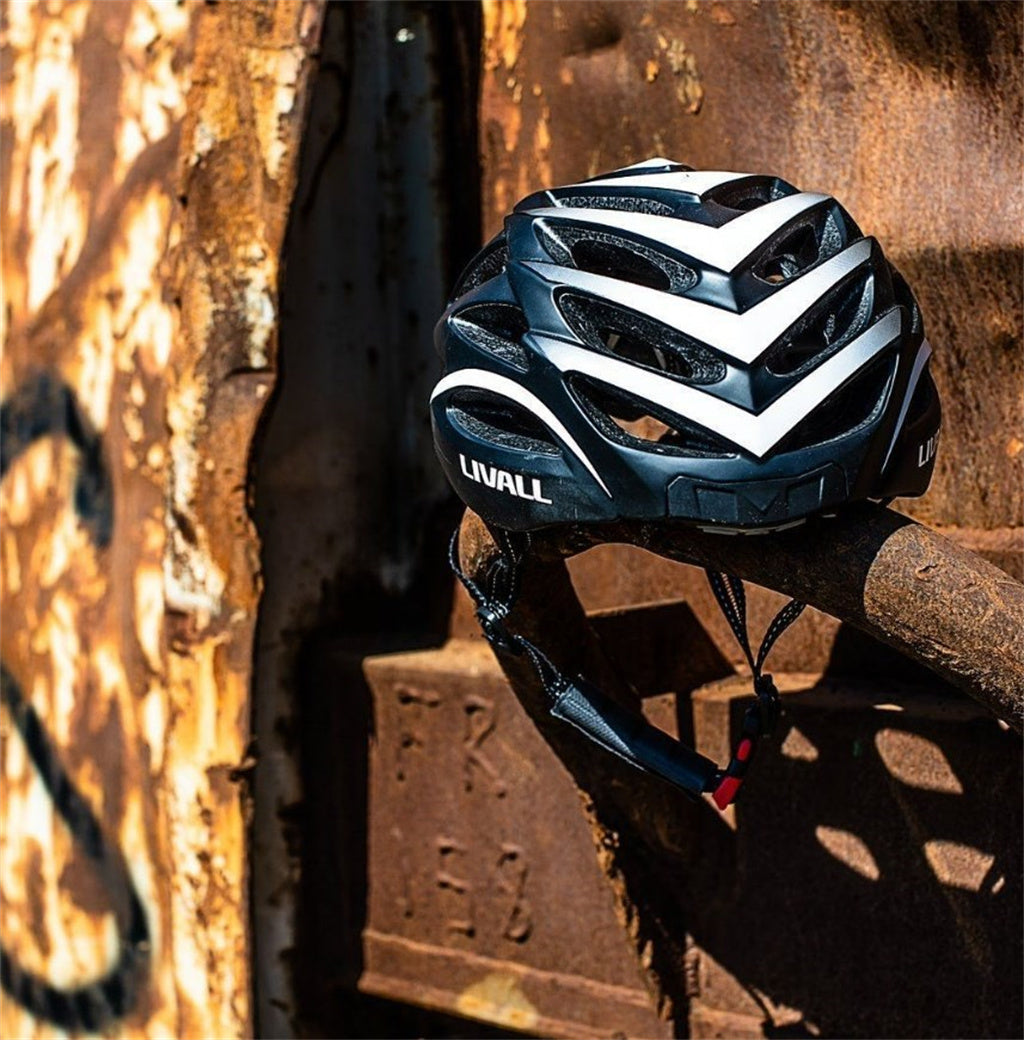


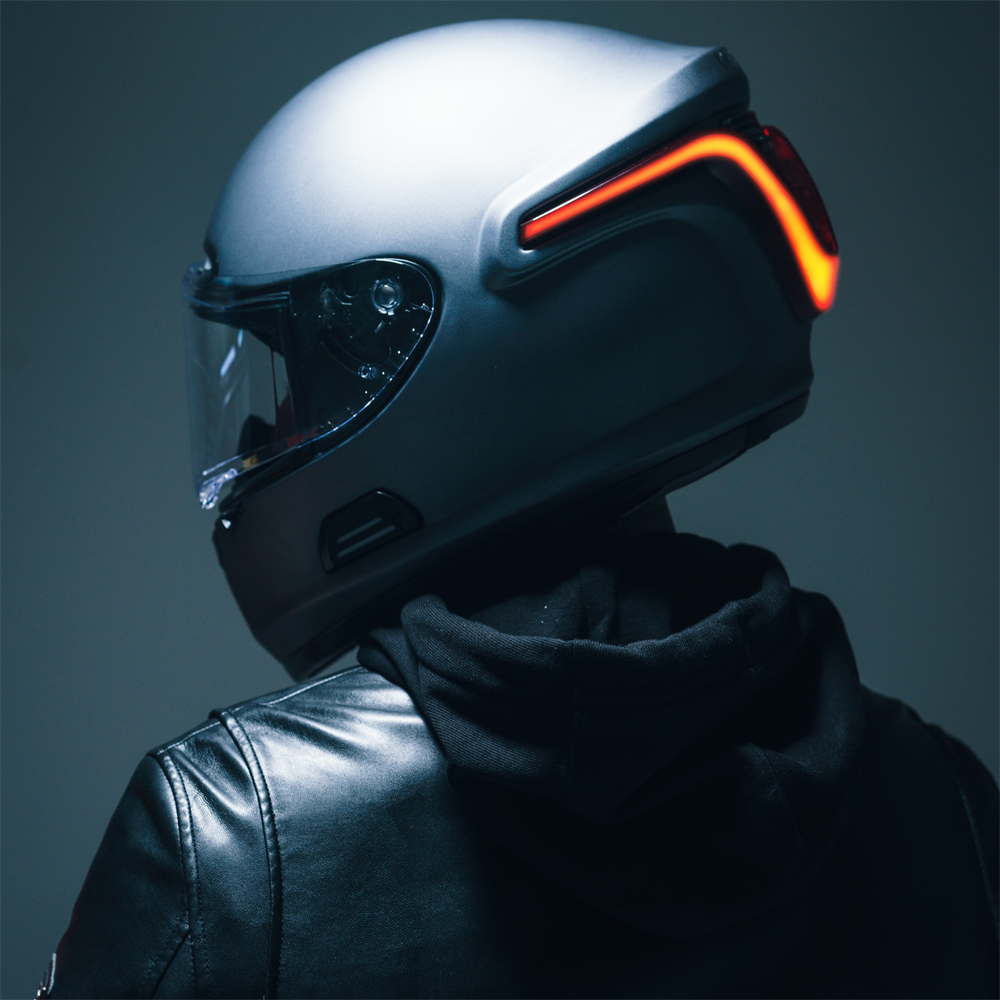
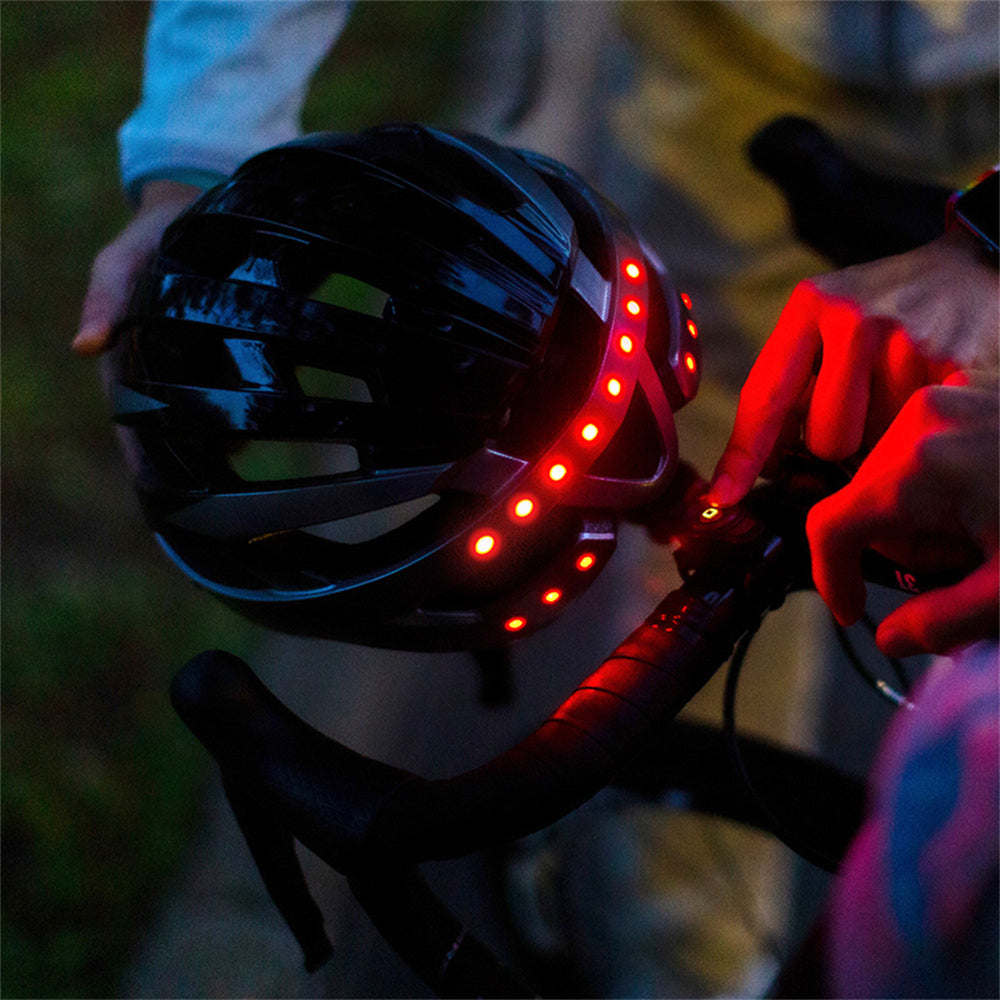


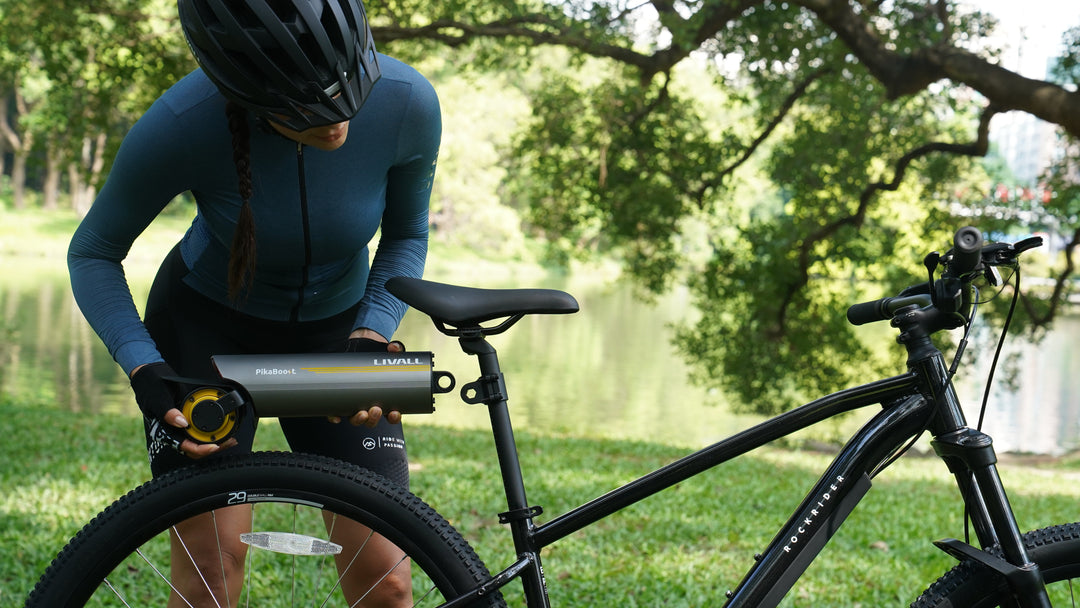


Leave a comment